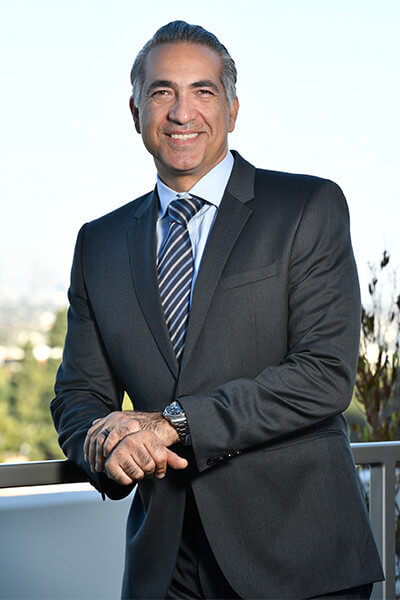By Erik K. Schmitt, Esq.
Every time a person brings in a vehicle to a dealership to repair a problem, a service record (or, repair order) should be created to document the problem and any steps taken by the dealership to diagnose and repair it. Not only are these records important to document the history of the vehicle, but they are mandated by California law. (Cal. Bus. & Prof. Code § 9884.9.) And while it seems like a no-brainer that repair orders are proper, admissible evidence to prove a car is a lemon, auto manufacturers often try to argue that the documents should not be admitted in court because they contain statements that violate the evidentiary rule against hearsay.
The rule against “hearsay” is one of the first things every first-year law student learns on the road to becoming an attorney. Generally speaking, the hearsay rule states that (with a handful of exceptions) any out-of-court statement offered for its truth cannot be used as evidence to prove a disputed fact. The idea behind excluding hearsay is that the statement, and the person making the statement (the declarant), aren’t subject to scrutiny, such as by cross examination by an attorney or credibility evaluation by a jury. Accordingly, the law deems these kinds of statements inherently unreliable.
However, despite manufacturers’ attempts to hide relevant information from a jury, there are several exceptions to the hearsay rule that allow repair orders (and the customer’s complaints) to be admitted into evidence. First, the documents themselves are reliable business records that are regularly created in the dealership’s normal course of business. Second, the complaints aren’t actually being used to prove the vehicle was a lemon, but that the customer put the manufacturer on notice that the vehicle had problems covered by the warranty.
In the case of Raul Ortega v. BMW of North America, LLC, (CACD Case No. 2:18-cv-06637), CCA attorneys Sepehr Daghighian and Erik K. Schmitt successfully defended against BMW’s Motion for Directed Verdict based on this exact proposition. After Messrs. Daghighian and Schmitt won the Ortega trial on behalf of their clients, BMW argued for a directed verdict on the basis that the repair orders contained inadmissible hearsay because the customer’s complaints were being offered to prove the vehicle had irreparable defects. CCA’s attorneys countered that the repair orders were reliable business records, and that the Ortegas weren’t using those statements to prove the vehicle was defective; only that he was notifying BMW that the vehicle might have warrantable defects, and if so, give it the chance to repair the problems.
The Honorable R. Gary Klausner, a federal judge sitting in the Central District of California, agreed with the Ortegas. Judge Klausner noted that, not only did BMW acknowledge that “the repair orders themselves are excepted from the rule against hearsay since they qualify as business records,” but the complaints “were offered primarily to prove that [BMW] had been given notice of [Mr. Ortega’s] concerns on numerous occasions and that [it] had numerous opportunities to repair those concerns. Accordingly, the statements are not hearsay and should not have been excluded.” Messrs. Daghighian Schmitt’s unanimous jury verdict that: (i) Mr. Ortega’s vehicle was a lemon, (ii) that BMW had willfully violated the Song-Beverly Act, and (iii) that significant civil penalties should be awarded against BMW was affirmed by Hon. J. Klausner. Judgment was entered in favor of the Ortegas and against BMW in the amount of $120,669.00, exclusive of attorney’s fees and costs.
If you’re having problems with your vehicle that are covered under warranty, remember to always bring it to the manufacturer’s dealership, tell them your concerns, and make sure that they are fully documented in the repair orders. And if you end up in the unfortunate position of having to bring a lemon law claim, these records can be used by a CCA attorney to show that your vehicle was defective. For a free consultation, contact us at (833) LEMON-FIRM.
